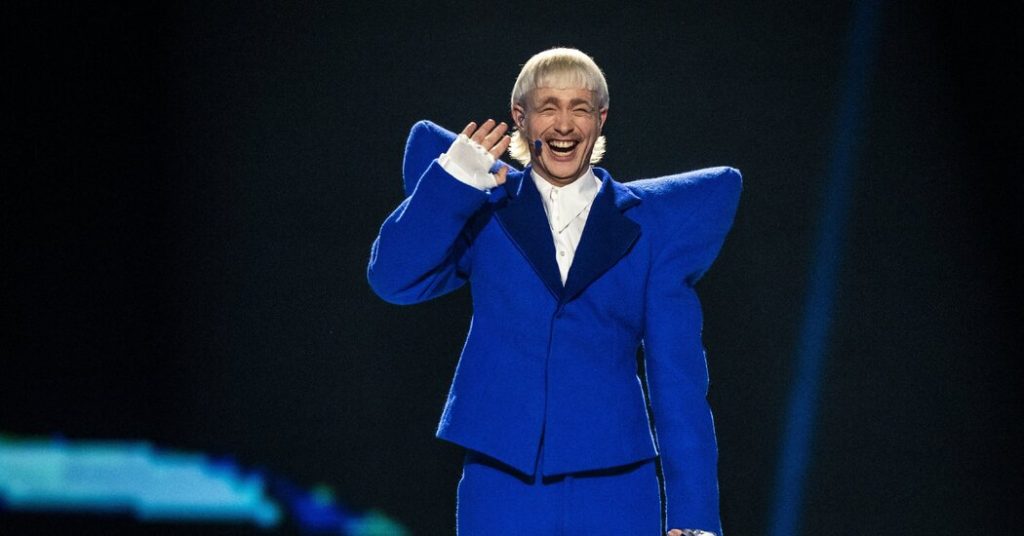The Eurovision Song Contest final in Malmo, Sweden, was thrown into crisis when the Netherlands’ entry, Joost Klein, was banned from competing. Klein, a musician whose songs mix pop with hyper-fast beats, did not show up for a scheduled rehearsal to perform his song “Europapa,” a fan favorite. The European Broadcasting Union announced they were investigating an incident involving Klein, who was suspected of making unlawful threats toward a Eurovision employee. Swedish police confirmed that a file had been passed to prosecutors for possible charges.
Due to the ongoing investigation, Eurovision organizers decided it would not be appropriate for Klein to compete in the final until the legal process was resolved. This decision sparked outrage among fans on social media who were supporting Klein to win the competition. The Dutch public broadcaster, AVROTROS, which selected Klein to represent the Netherlands at Eurovision, also disagreed with his disqualification. They stated that Klein made a threatening gesture towards a camera operator who was filming him after his semifinal performance, and the decision to disqualify him was deemed “very heavy and disproportionate.”
Klein’s Eurovision journey came to an unexpected end as a result of the controversy surrounding his behavior towards the camera operator. Despite being a favorite to win the competition, his disqualification left fans disappointed and frustrated. The situation raised questions about the handling of conflicts and incidents involving contestants at major events like Eurovision, where emotions run high and tensions can escalate quickly. The incident highlights the challenges faced by organizers in ensuring the safety and well-being of participants while maintaining the integrity and fairness of the competition.
The ban on the Netherlands’ entry at Eurovision created a sense of uncertainty and disappointment among fans and organizers alike. The decision to disqualify Klein just hours before the final raised concerns about the impact on the overall competition and the fairness of the judgment. The incident served as a reminder of the potential consequences of misconduct and the importance of upholding the rules and regulations of the competition. Despite the controversy, the show must go on, and the remaining contestants prepared to compete in the final without the Dutch entry.
In the aftermath of the controversy surrounding Klein’s disqualification, discussions were sparked about the handling of similar incidents in future editions of Eurovision and other high-profile events. The incident served as a learning opportunity for organizers to review their protocols and procedures for addressing conflicts and ensuring the safety of participants. Eurovision fans expressed their disappointment over the turn of events and the disruption it caused to the competition, but ultimately, the focus remained on the music and performances of the remaining contestants. As the final got underway, the show continued with a mix of excitement and anticipation, despite the absence of the Netherlands’ entry.
The Eurovision Song Contest final in Malmo, Sweden, was filled with drama and controversy as the Netherlands’ entry, Joost Klein, was disqualified just hours before the event. Despite the disappointment and uproar among fans, the show went on as planned, showcasing the musical talents of the remaining contestants. The incident raised questions about the handling of conflicts and misconduct at major events like Eurovision and highlighted the challenges faced by organizers in maintaining the integrity and fairness of the competition. Ultimately, the focus shifted back to the performances, as the remaining contestants competed for the coveted title of Eurovision champion.


